As rules of thumb go, this one’s unequivocal – probiotics are good for everyone. And that definitely includes women during and after pregnancy. Indeed, a specific study (of 341 subjects) has proved not just that probiotics are safe for women at this point in their lives, but also that they support overall health in pregnant women.
And that’s because when they’re consumed, probiotics – or ‘friendly’ bacteria (the most common being Lactobacillus and Bifidobacterium) – take root in the digestive tract, where they play a critical role in enhancing digestion and in many other of the body’s processes. And research, too, has proved that, when digested, probiotics remain in the digestive tract; therefore, they won’t be passed on to mother’s unborn baby – only the good health they instil in mum will be passed on to her baby.
The importance of probiotics for women
Probiotics certainly are important for women, then, but is there a specific need for women to take probiotics over men? Well, not necessarily; but there’s no doubt women do need probiotics – especially given the fact research suggests a woman will more likely suffer from a gastrointestinal disorder than a man.
Indeed, studies have found that when women consume probiotics it not only coincides with gastrointestinal relief, but also easier bowel movements. Moreover, it could be that a regular course of probiotic supplements for a woman will reduce the likelihood of her experiencing urinary tract infections (UTIs) and bacterial vaginosis.
It ought to be noted too that, in general, probiotics aid the body in absorbing major nutrients like iron, as well as enhance immunity and, it’s believed, they may also help establish balanced moods and boost thinking and memory.
But why take probiotics during and after pregnancy?
Of course, when a woman becomes pregnant, she ought to double-check any food and drink she buys and plans to consume, lest it harm her and her baby. So, before starting a course of probiotic supplements when she’s ‘with child’, she’s best advised to follow the advice of her GP or most relevant doctor. Yet, in spite of these necessarily sensible precautions, it’s a fact that while probiotics are very beneficial to any woman, they’re arguably even more beneficial to a woman when she’s pregnant.
Consider this; some women can suffer with constipation in the months leading up to giving birth – and this is where that the right probiotics (Bifidobacterium) can be a big help in softening stools and encouraging bowel movements. That said, more pregnant women tend to suffer from the opposite disturbance, diarrhoea, which is happily something that, maybe surprisingly, probiotics can help with, too. How so? Well, a constant course of them will help regulate digestion; therefore, slowing food’s passage through the digestive system and ensuring improved absorption of nutrients – critical for both mother and baby.
A great probiotic choice during – and after – pregnancy
As far as we’re concerned at The Finchley Clinic, the probiotic supplement we advise for both mothers during and straight after pregnancy is Optibac Probiotics for Babies and Children. Why? Well, as it’s a blend of probiotics and prebiotics (including acidophilus, B. infantis and Bifidum), it’s a product specifically designed to boost digestive health and the natural defences of both mothers and their babies during the last trimester and, following birth, during the breastfeeding phase.
But that’s not all; this supplement’s also ideal for children themselves – from six months-old all the way up to 12 years-old. Just the thing, then, to ensure little ones achieve that probiotic balance, so their bodies have the enzymes required for good digestion and for producing vitamins – and so the important nutrients in their diet (such as calcium) can be absorbed by the body; all so important during childhood’s early years.

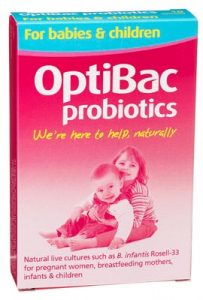
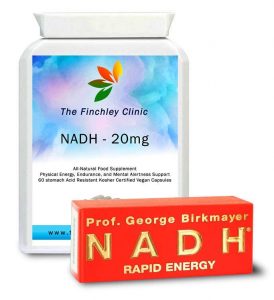
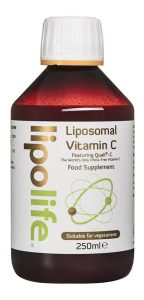
 Be well, and don’t panic! The human race is not about to be wiped out.
Be well, and don’t panic! The human race is not about to be wiped out.
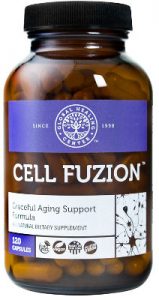
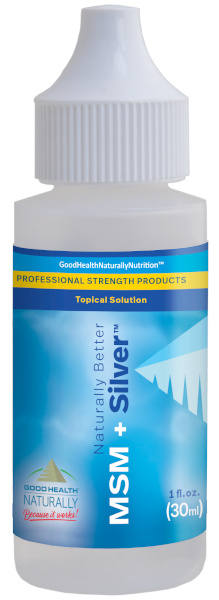 The optical tissue normally allows fluids to flow through the membrane wall, which acts like a filter, supplying nutrition and cleaning out particles, keeping your eye clear so your vision is good. When the membranes become tough like leather, fluids are trapped, and particles start to build up. If the build up continues, it will seem as if you are looking through frosted glass. Our eyes should also be flexible, so the muscles can change the eye´s contour and focus. When the eye membranes and muscles become tough, the eye cannot focus properly and vision becomes blurry.
The optical tissue normally allows fluids to flow through the membrane wall, which acts like a filter, supplying nutrition and cleaning out particles, keeping your eye clear so your vision is good. When the membranes become tough like leather, fluids are trapped, and particles start to build up. If the build up continues, it will seem as if you are looking through frosted glass. Our eyes should also be flexible, so the muscles can change the eye´s contour and focus. When the eye membranes and muscles become tough, the eye cannot focus properly and vision becomes blurry.